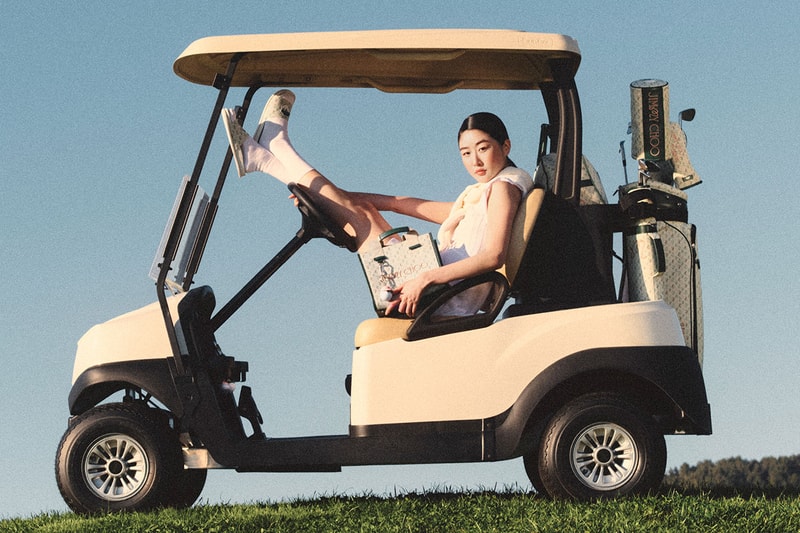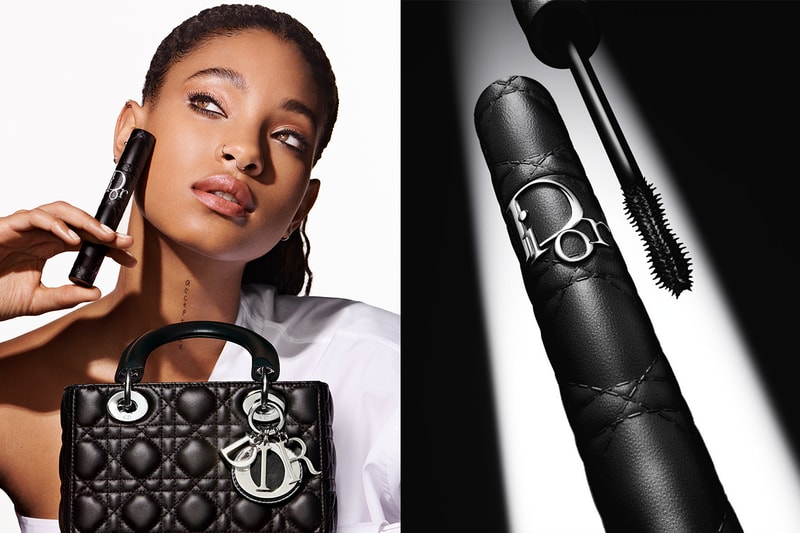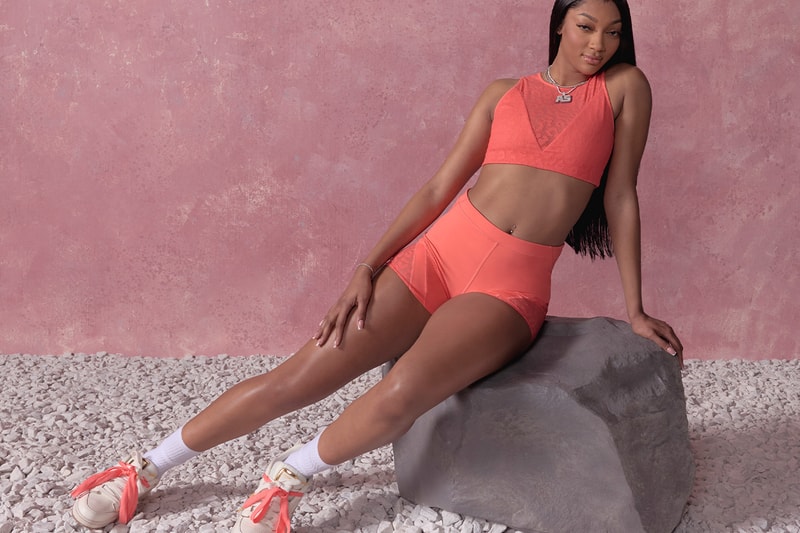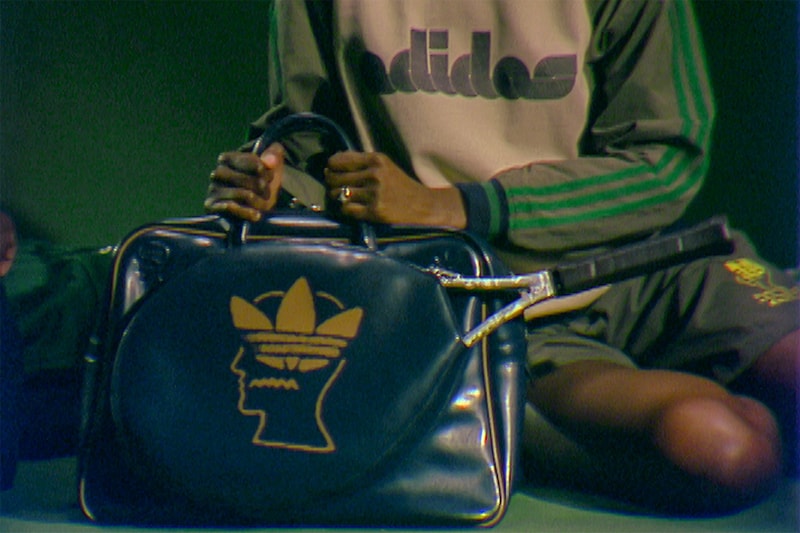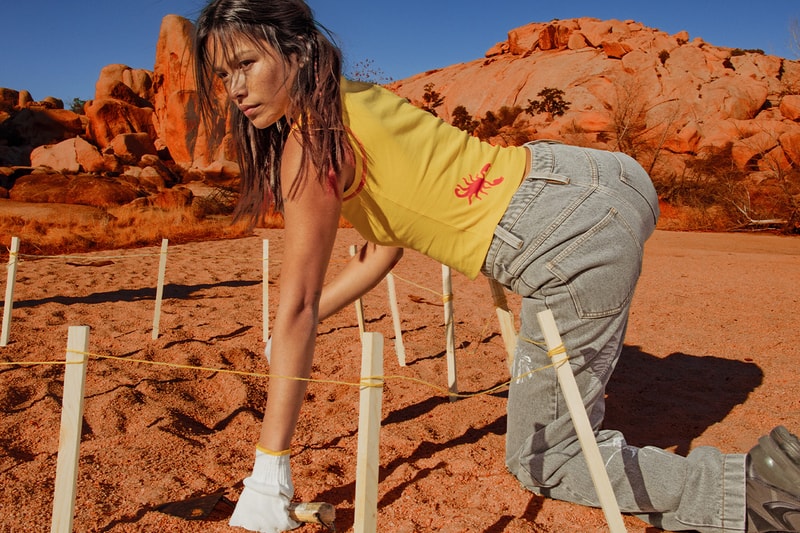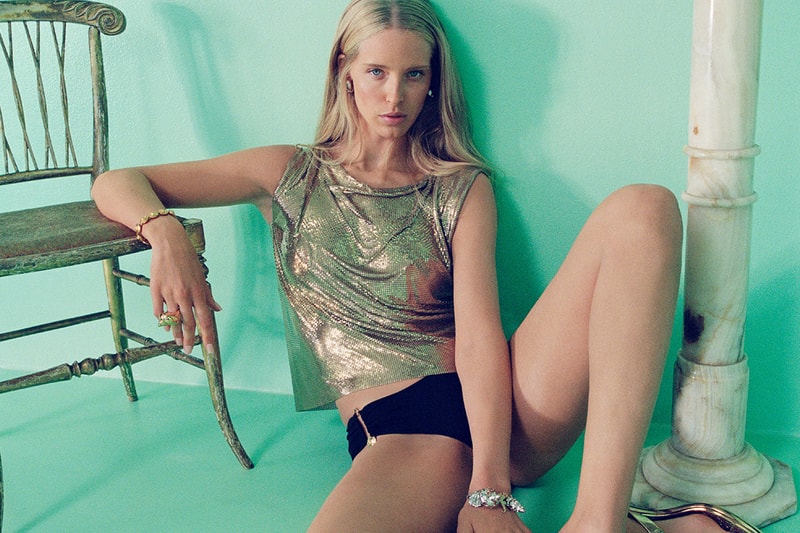A Definitive Ranking of the Worst Things You Can Do to Your Hair
Amanda Montell Fri, 29 Jan 2021 Who What WearDestroying your hair is a fear deeply instilled in us all. (I swear, once a week I have a nightmare that my hair has all fallen out from too much bleach.) There's a lot of hearsay in the world about what causes hair damage—don't brush it while it's dry! Don't brush it while it's wet! Don't shampoo ever! Shampoo every day! Never straighten or color it! But one has to wonder what are the actual real worst things you can do to your hair, according to experts. We were interested in a literal ranked list of the most damaging hair practices, from least awful to most awful. We wanted the pros to give it to us straight.
After all, there are just so many bad hair behaviors to choose from: "Hair was never meant to be colored and or styled as much as we do nowadays," celebrity hair colorist and Redken color ambassador Matt Rez told me. "We raise the pH of the hair with chemicals, dry out the hair with all the heat applied, and rid of all its oils with all the washing that we do."
But like, what's the worst? To find out, we consulted Rez and a few other top hair professionals in the business to put together this definitive ranking of the most damaging things you can do to your hair.
No one ever went bald from brushing their hair wrong (actually, don't quote me on that), but according to Ashley Streicher, celebrity hairstylist and R+Co collective member, violently raking a brush through dry ends can break them right off. To prevent this, try getting most of your brushing done (gently, folks!) fresh out of the shower while it's still wet.

Of course, everyone's hair type and texture is different, so what constitutes "overwashing" will vary. But Streicher says that since shampoo can strip your hair of its natural oils and dry it out, you want to limit your washing to at least every other day. In between rinses, refresh your strands with a dry shampoo like R + Co's Death Valley Dry Shampoo ($18), Living Proof's Perfect Hair Day Dry Shampoo ($24), or OGX's Extra Strength Refresh & Revitalize + Argan Oil Of Morocco Dry Shampoo ($7).
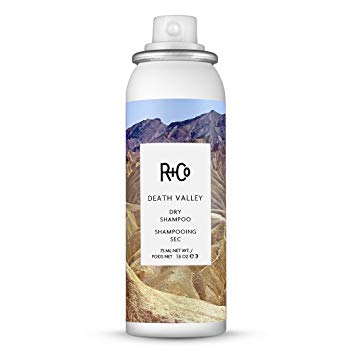
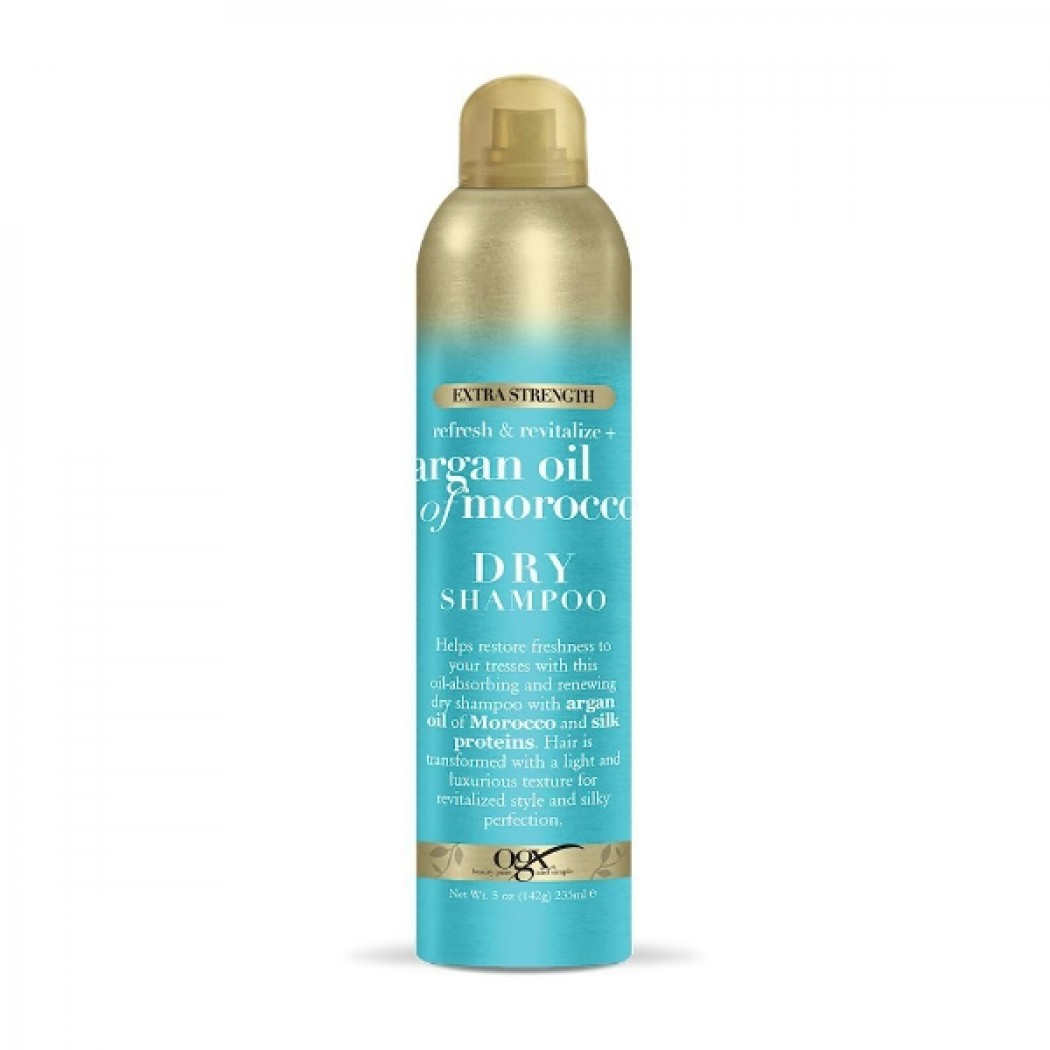
To shampoo or not to shampoo? While all of the above is true, it's a fine balance. Many think that skipping shampoo and just conditioning in the shower will be less damaging or better for damaged hair while it heals, but Rez says this absolutely not the case. "By not shampooing, only conditioner is building up on the hair shaft, and over time, it will lead to breakage," he says. "Make sure to use proper shampoos and you are all good."
By "proper," Rez means shampoos that aren't too crunchy granola that they won't actually cleanse your hair. Try Hairstory's New Wash ($40) and Reverie's Shampoo ($38)—two non-toxic products that really truly work.
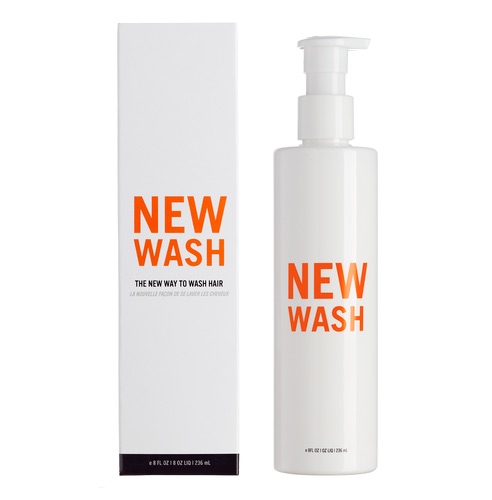
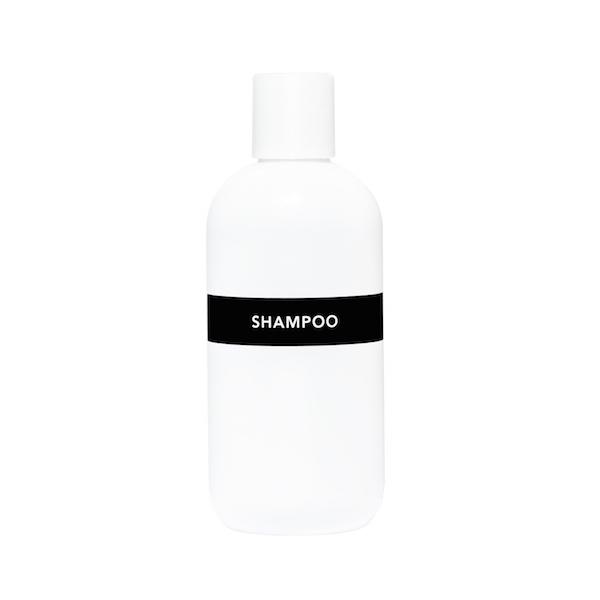
"I see a lot of breakage from tight elastics over time," says Streicher. If you're a ponytail or bun person, try chilling out a little and using a breakage-preventing hair tie, like an Invisibobble ($8).
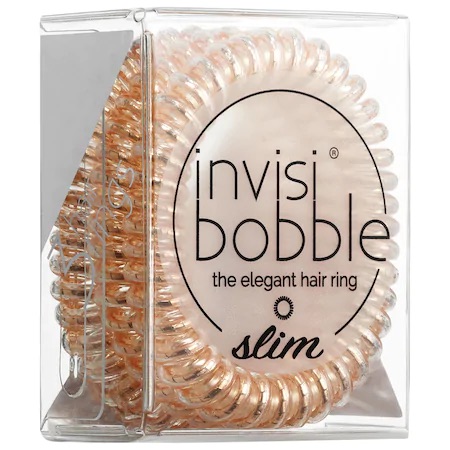
If you're a professional swimmer, this hair risk might be higher up on the list, but since most of us aren't at the beach or pool every day, we only have to be mindful of these elements few times a year. The salty ocean and chemical-filled pool water can potentially remove the keratin in your hair, dry it out into straw, undo any in-salon repairing treatments you've had, and damage your color if you dye it. No bueno.
The best thing you can do to keep your hair safe on swim days is to wet it in the shower and douse it in your favorite conditioner or mask (Try Davines's lightweight Oi Milk, $34, or Bumble and Bumble's Repair Blow Dry cream, $32. Or, as a drugstore option, ApotheCare Essentials's Booster Conditioner, $13, is great, too). Then fix your hair into a braid or bun. "This will add an extra protective layer between you and the water," ApotheCARE Essentials Lead Stylist Teddi Cranford explains.
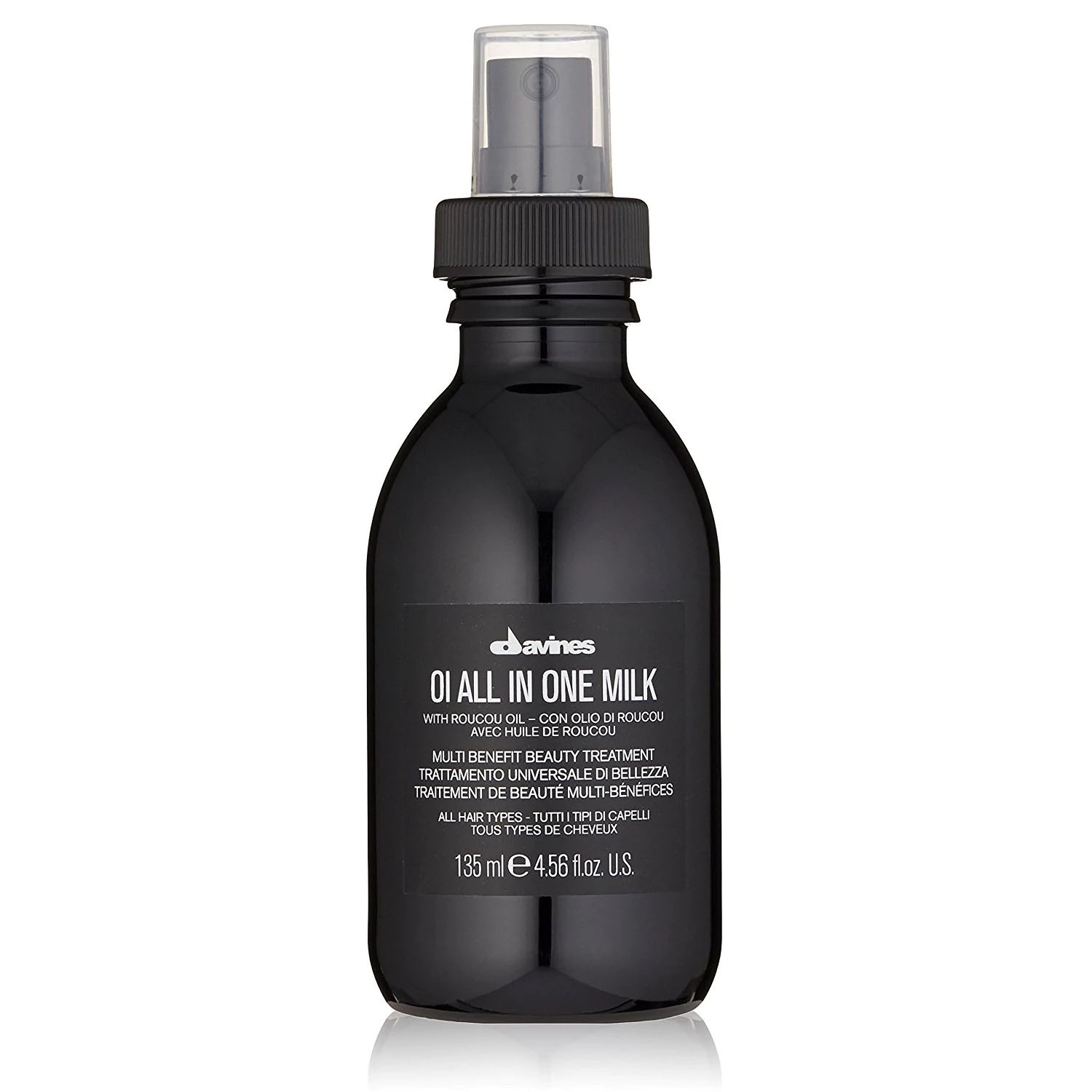
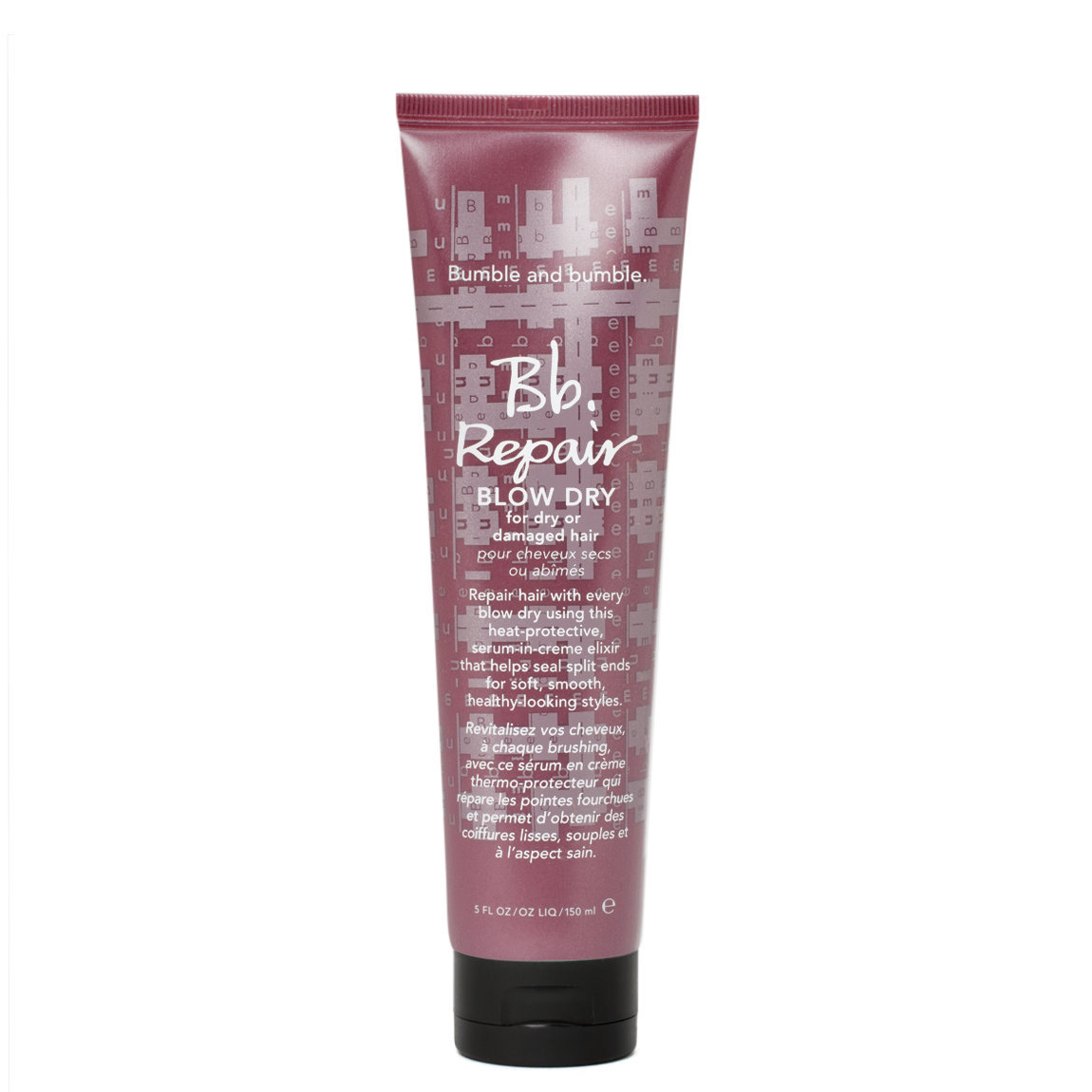

"Just as you need to protect your skin from the sun, you need to do the same with your scalp," says celebrity hairstylist, Melissa Brown. Too many rays can cause dryness and even burns to the hair.
Brown recommends using a broad-spectrum, residue-free sun protector on days when you'll be outside for more than a couple minutes. Try Coola's Organic Scalp & Hair Mist Sunscreen SPF 30, $26.

If your hair is super sensitive and fine, then just wearing extensions can be damaging; but for most hair types, the risky part is not having them in—it's taking them out. "A misconception about extensions I hear all the time is that they are damaging for your hair when in fact what can be damaging is the way they are removed," says Brown. "Make sure you have a professional take care of them when you are ready to replace or remove."
No matter how you do it, blow drying your hair removes moisture and can cause breakage, so you don't want to do it every day. And when you do, you want to make sure you're not scorching your hair to oblivion with this common mistake: Failing to put at least half an inch between your hair and the heat source. "When blow-drying with a round brush, there needs to be a space between the round brush and the nozzle of the blow drier," says Rez, who even sees professionals making this mistake. "There needs to be an escape route for the flaming hot air to get out and not sizzle those ends!"
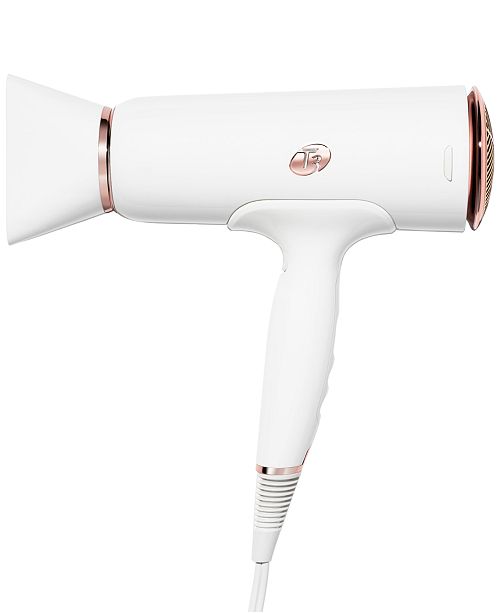
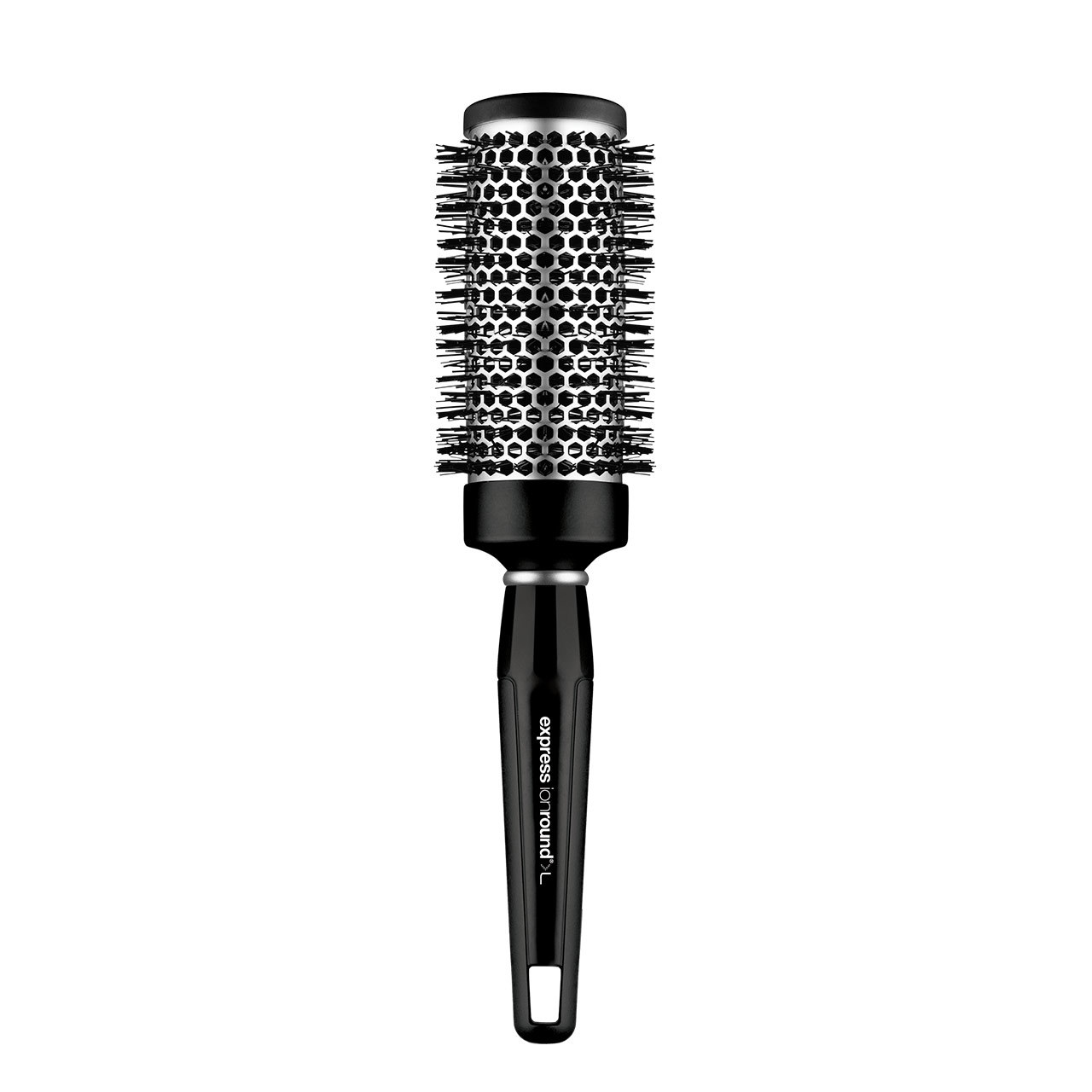
Perms and smoothing treatments (especially without the proper at-home care afterward) can cause your hair to lose its natural shape, says Cranford. If you can avoid getting one of these treatments, do—and if you're hellbent on it, ask a lot of questions in the salon before committing to make sure these treatments will vibe okay with your particular hair type. Otherwise, Cranford says, "Having a really great haircut for your texture, along with advice from your stylist on how to style it in a way that enhances your hair, is the best way to go."
"Anyone not washing their hair and then adding heat every single day is in for a big surprise," says Brown. This one personally shocked me. You figure if washing your hair too often is bad, then you should put it off as long as possible, add a ton of dry shampoo, and just curl or straighten your (dirty) hair to keep it looking passable in the meantime. But apparently, this is a mistake.
"Most people don’t realize it, but flat ironing hair that isn’t properly cleansed can cause breakage," says Brown. This is because, in addition to the already inevitable damage from heat styling, some styling products (dry shampoos, texture sprays, etc.) contain ingredients that aren’t meant to handle heat from styling tools. "It creates more damage by using heat over products," Brown explains. "The benefit of saving time by not getting [the hair] wet does not outweigh the amount of damage being created on the hair, especially when tools are being applied on the highest heat settings."

Hear that? That's the sound of a thousand fairies slowly perishing, which happens to make the exact same noise as your hair frying between two 400-degree metal plates. "Without proper protection, high heat irons will just burn and break your hair off," says Streicher.
Certainly, different hair types can handle varying levels of heat. For fine hair, straightening and curling should be kept to lower temperatures (like 300 degrees tops). Coarser-textured hair can handle a bit more heat. "When in doubt, bring your flat iron or curling iron to your next appointment and ask your stylist," says Cranford.
And always, always use a heat protectant. "That poor hair—it needs a product to help it fight off the negative effects of heat at that moment," says Rez. "Not using heat protection when using hot tools will take a major toll." Try Redken's Iron Shape 11 Heat Protectant Spray, $20.
Also, most importantly, minimize the number of days a week you're flat ironing and curling your hair. (Our experts actually couldn't agree on whether everyday heat styling or the last point on this list was *the worst* for your hair). Streicher, for example, says, "Overusing heat on your hair consistently is the biggest way to damage your hair."
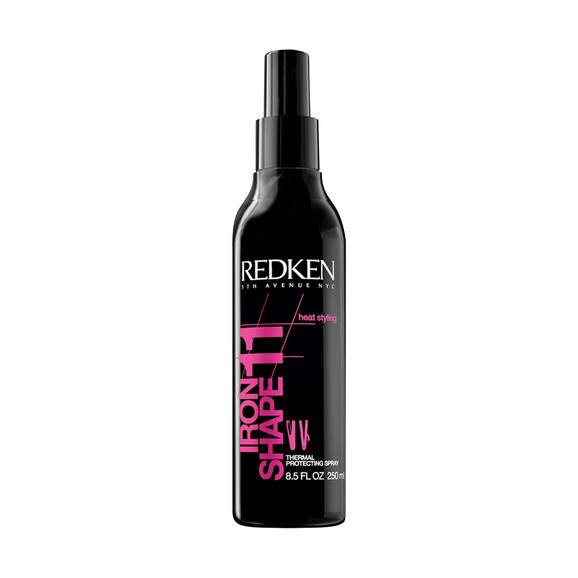
Aaaaand, here we have it. The worst possible thing you can do to your hair is chemically overprocessing it with color.
Of course, not all color treatments will wreck your hair to the same extent. A demi-permanent process (aka, a gloss) will be the least invasive ("I gloss and color hair with Redken Shades EQ all the time, and my clients' hair actually feels better and stronger!" says Rez.) But working your way up to a double process (aka, bleaching all of your hair) can completely transform your hair for the worse. "A conversation with your stylist on what the best approach is for your hair type is massively important," says Cranford.
As is after-care at home. "It is so important to keep the hair constantly hydrated and use products that help repair hair from chemical damage," says Brown, who recommends using a repairing mask, like Macademia's Ultra Rich Moisture Masque ($36) one week before your salon appointment and twice a week after.
Next: Read how one of our beauty editors doubled the growth of her eyebrows with these six sneaky changes.
This post was published at an earlier date and has been updated.

